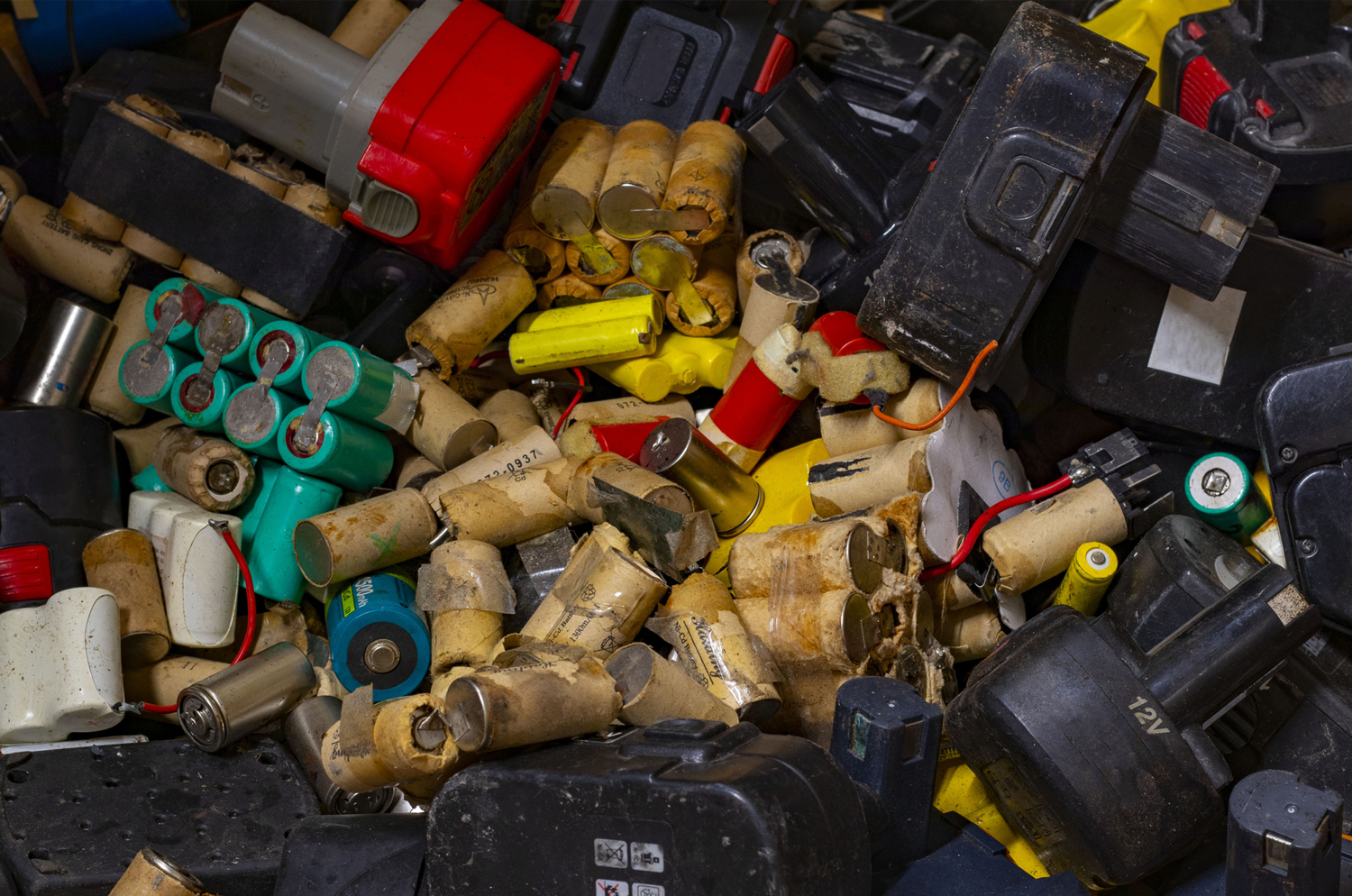S. Norton Group is calling on the Department for Environment, Food and Rural Affairs (Defra) to strengthen battery recycling targets to improve safety for both communities and workers within the recycling sector.
Defra is due to consult on the waste batteries and accumulators regulations with the aim of drafting a comprehensive UK Battery Strategy which will play an essential role in meeting its net zero targets, as well as supporting economic growth.
Under existing regulations, battery producers must obtain evidence for the recycling of batteries which helps fund the recycling infrastructure. However, targets for portable batteries do little to incentivise the recycling of lower value, more problematic batteries such as alkaline, nickel cadmium and lithium-ion.
The broad target is that 45% of all batteries placed on the market each year are recycled, with no distinction between different types of batteries. As lead-acid batteries are easy to recycle and have inherent material value, they form the vast majority of the 45% that are recycled, accounting for over 70% of recycling. This is despite the fact that they represent only 3% of portable batteries placed on the market.
It is vital to increase the separation, collection and recycling of non-lead acid batteries, in particular lithium-ion, for which there is a severe lack of recycling facilities in the UK. According to the Environmental Services Association, lithium-ion batteries are responsible for around 50% of all waste fires occurring in the UK each year, as a result of being hidden in the waste stream. In addition to this, valuable materials such as the lithium and cobalt in the batteries are not recovered, doing nothing to aid our transition to the circular economy.
Setting specific targets for the various battery types would encourage the separation and recycling of all batteries including lithium-ion, resulting in improved collection rates and higher safety standards. The funds from the compliance scheme could be used to develop the much-needed infrastructure and communication.
Richard McKinley, head of technical development at S. Norton Group, said:
“Current UK regulations include targets which are not robust enough. They do not specify how the target is achieved, leading to a focus on recycling lead-acid batteries, rather than the more problematic lithium-ion batteries. There is no incentive to recycle highly flammable lithium-ion batteries and there are very few outlets for them. This means there is not enough focus on systematically removing, collecting and recycling batteries from items such as waste electricals and the batteries can find their way into other waste streams, creating a high risk of fires across the recycling industry.”
S. Norton Group is calling for specific recycling targets for each of the battery types to incentivise the development of battery recycling processes and to minimise the number of Lithium-ion batteries finding their way into the waste stream.
Tony Hayer, managing director of S. Norton Group, adds:
“At S. Norton Group, we have invested heavily in measures to minimise the risk of incidents caused by lithium-ion battery fires. We manually sort through every load of waste before it is accepted across our sites, we work closely with the Fire Service to make sure our fire procedures are the best they can be and we install the best-in-class fire-fighting equipment as we continue to invest in our sites. However, tougher regulation is needed to force change in the industry and the supply chain, to ensure that batteries are separated, collected and disposed of correctly. If this 45% recycling target is applied to each battery category, it will lead to a tightening of the manufacturer compliance schemes that will help to keep lithium-ion batteries out of the waste stream and ultimately result in a safer environment for all.”
Key facts about WEEE in the UK
In the first half of 2023, almost 240,000 metric tonnes of household waste electrical and electronic equipment was collected in the UK. This is equates to 50.7% of the target for 2023 and means that the country is on track to achieve its collection target for the first time since 2017. The UK is one of the biggest producers of e-waste in the world.
Types of e-waste
WEEE, often referred to as e-waste, consists of electronic products that are discarded at the end of their useful life. Types of e-waste include phones, computers, toys, power tools and lights, as well as large household appliances such as fridges, microwaves, and washing machines, which make up the largest volume of collected e-waste in the UK.
E-waste is a growing problem
E-waste is one of the fastest-growing waste streams in the world, and there are health concerns over the way it is disposed of and illegal exports to developing countries. With a lack of proper waste management, electronics are often burnt, resulting in the likely contamination of soil, water and food.* Source: Statista.


